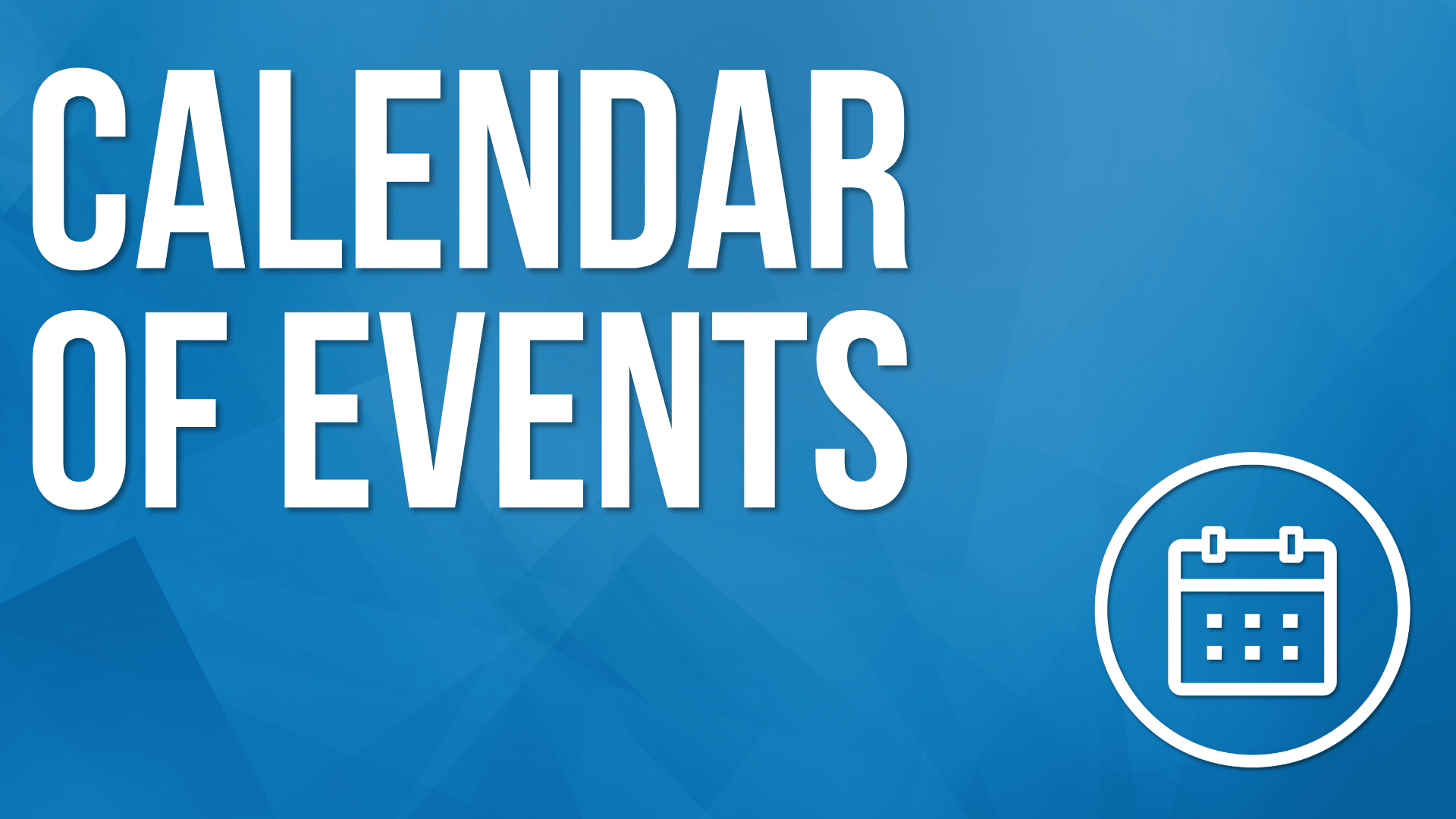Americans with Disabilities Act Celebrates 35 Years: A Look into the Milestones Made and the Challenges Ahead
- Podcast URL: https://open.spotify.com/episode/3JRo4g1TqdTaNlR2tCgHa0?si=th6UznBLSeW9Yl1oiKnwsw
The Americans with Disabilities Act (ADA) was signed into law on July 26, 1990, by former President George H. W. Bush This law created civil rights legislation that expanded the rights of people with disabilities.
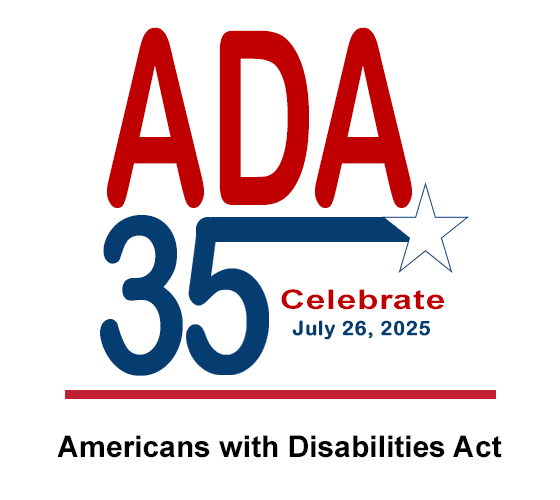 For millions of Americans with disabilities, the 35th anniversary of the ADA is a time to celebrate. It is also a time to think about how people with disabilities worked together to get this law passed. This law was meant to make life better for people with disabilities. Today, the ADA helps make sure that people with disabilities can access places and be included in their communities. The law is enforced to make sure people with disabilities are treated fairly and equally.
For millions of Americans with disabilities, the 35th anniversary of the ADA is a time to celebrate. It is also a time to think about how people with disabilities worked together to get this law passed. This law was meant to make life better for people with disabilities. Today, the ADA helps make sure that people with disabilities can access places and be included in their communities. The law is enforced to make sure people with disabilities are treated fairly and equally.
“The ADA guarantees people with disabilities improved access to and accommodation in schools, transportation, workplaces, and government buildings and services,” said Devon Orland, Litigation Director for the Georgia Advocacy Office (GAO). “Furthermore, the ADA seeks to prevent the discrimination of individuals with disabilities from these institutions.”
“The ADA was not a fix-all,” said Leslie Kate Thornton, a council member with the Georgia Council on Developmental Disabilities (GCDD) and a self-advocate from south Georgia. “Some places still are not accessible even though they comply with the law. For example, bathroom sinks are not accessible for some people.”
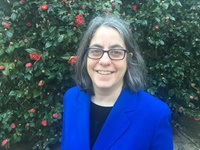 Devon Orland, Litigation Director, Georgia Advocacy OfficeOne of the problems facing people with disabilities today is the challenge of enforcing the law and ensuring that businesses, organizations, and governments comply with the ADA’s requirements. For example, the ADA says that restaurants must have accessible entrances, including entrances with ramps and automatic doors. Many businesses today still do not provide accessible resources for people with disabilities. This means a person with a disability may have to file a complaint or even take legal action to fix the problem, which may take a lot of time and energy. Even though the ADA law is there to protect people with disabilities, it often falls on people with disabilities to advocate for themselves to ensure the law is enforced and implemented.
Devon Orland, Litigation Director, Georgia Advocacy OfficeOne of the problems facing people with disabilities today is the challenge of enforcing the law and ensuring that businesses, organizations, and governments comply with the ADA’s requirements. For example, the ADA says that restaurants must have accessible entrances, including entrances with ramps and automatic doors. Many businesses today still do not provide accessible resources for people with disabilities. This means a person with a disability may have to file a complaint or even take legal action to fix the problem, which may take a lot of time and energy. Even though the ADA law is there to protect people with disabilities, it often falls on people with disabilities to advocate for themselves to ensure the law is enforced and implemented.
“The ADA has made a large impact on how individuals with disabilities operate within society; it allowed many people to get out of care facilities, for example,” said Orland. “However, a law is only as good as its enforcement, which is where legal issues often result.”
Although the ADA has made life better for people with disabilities in America, people with disabilities need to learn how to use their rights. They need to know how to make sure the law is followed, as written in the Constitution and the ADA. According to Orland, the first step to make sure these rights are respected is to ask for the help you need.
“I always think back on the time I earned a high school diploma, and they wouldn’t let me walk because I couldn’t wear heels,” Thornton said. “I had a whole team of allies who wrote, spoke, and even screamed because the rule was ridiculous.” Self-advocacy is vital for navigating issues surrounding disability rights and civil rights in general.
Generation ADA: Looking Back and Moving Forward
Mark Johnson, a long-time advocate and leader within the disability rights movement in Georgia, remembers life before the ADA and the Rehabilitation Act of 1973. After becoming paralyzed in an accident at age 20, Johnson personally experienced and witnessed what it was like to have a disability in America. Luckily for him, he knew how to act and advocate for himself during that time.
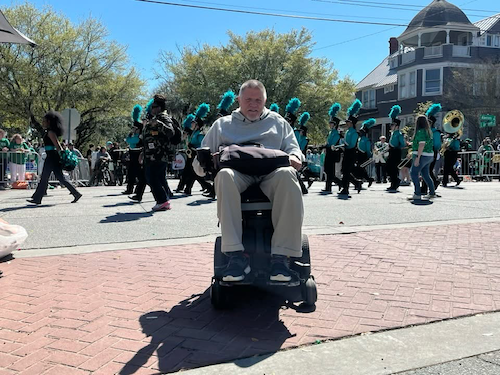 Mark Johnson, Advocate“54 years ago, there were not many protections for people with disabilities; the general public had low expectations of disabled people,” said Johnson. “You had to wing it and get together with support groups to do advocacy.”
Mark Johnson, Advocate“54 years ago, there were not many protections for people with disabilities; the general public had low expectations of disabled people,” said Johnson. “You had to wing it and get together with support groups to do advocacy.”
Another problem Johnson saw before the ADA became law was not having enough money, and this still affects people with disabilities today. He says that several states, including North Carolina and Georgia, tried to make laws to protect people with disabilities in the early 1970s. Unfortunately, these laws could only work as well as the money they had to support them.
“We are now threatened with the reality that we may lose some of what we have, including funding,” said Johnson. “Ask someone on Medicaid how they are feeling right now. If the money comes down to the states in a reduced amount, home and community-based services will be on the chopping block. The question will become, ‘What optional programs still get funded?’”
In 1983, Johnson and his fellow advocates founded Americans Disabled for Accessible Public Transit (ADAPT) This is a national organization focused on organizing around issues of accessibility and disability justice. One of their first actions was to change public transportation around the country. They made sure that new Greyhound buses had lifts so people who use wheelchairs could get on the bus.The group eventually shifted their focus on the ADA, which Johnson is a hard-fought battle for disability advocates.
“When the ADA was in the works, business associations pushed back hard,” recalled Johnson. “The Rehabilitation Act of 1973 was one thing since it used public funding, but the ADA wanted to reform the private sector, making businesses pay for the implementation. The resistance was strong.”
As the ADA went through the legislative process, many revisions were made as different groups gave their input. Even when these groups didn’t agree on everything, Johnson said the disability community stayed strong and worked together to support all kinds of people with disabilities and medical conditions.
The Importance of Continued Advocacy: Advocate and Inform State Lawmakers!
Even though the ADA has been law for almost 35 years, people with disabilities still need to speak up about issues that affect their lives. Today, some laws and political ideas could make life harder for people with disabilities—especially when it comes to Medicaid. That’s why speaking out and advocating is still very important.
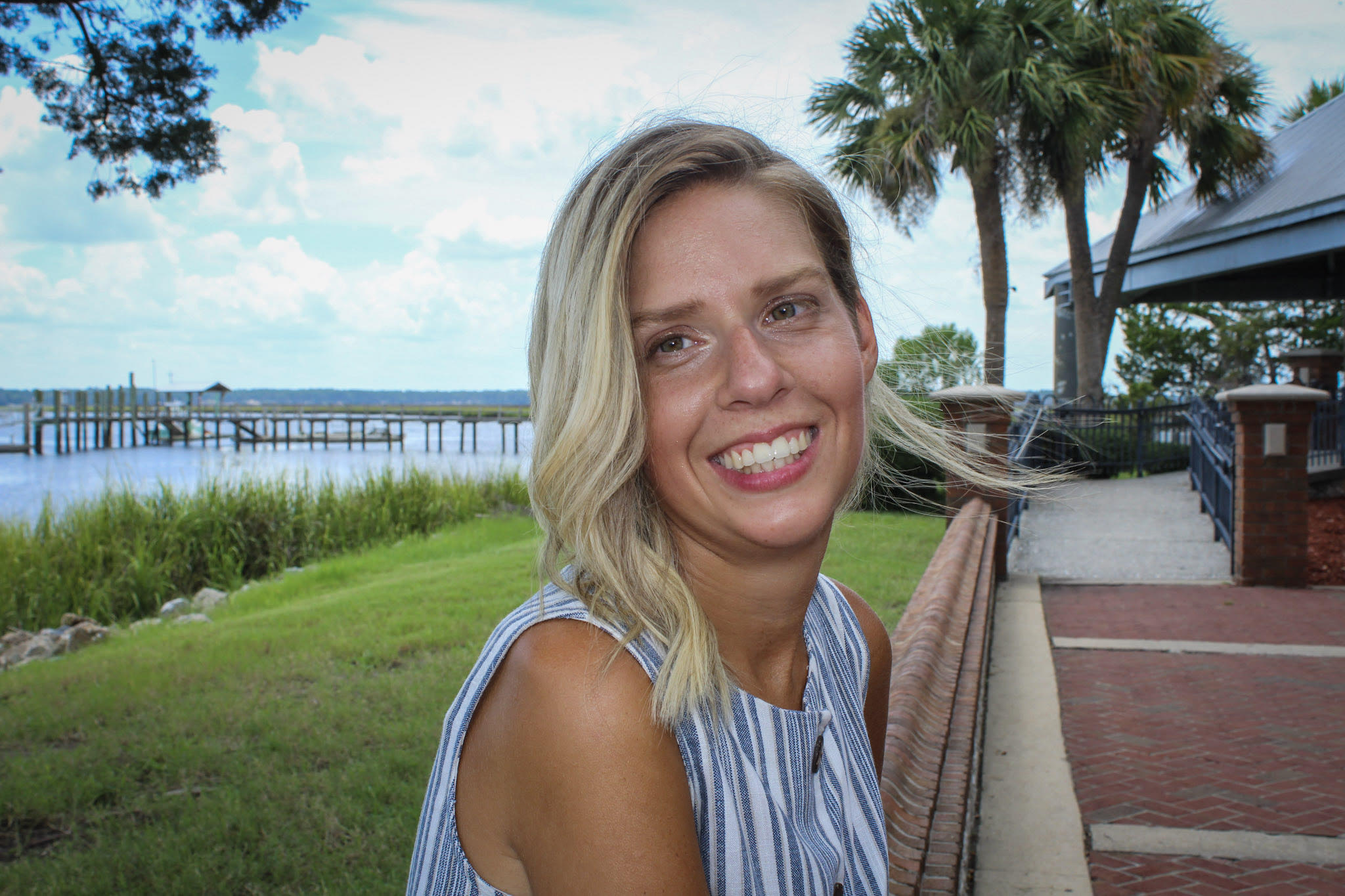 Leslie Thornton, Advocate“Advocacy isn’t rocket science. You register to vote, develop relationships with your representatives, and get in front of them,” said Johnson. “We have to take responsibility; elections have consequences.”
Leslie Thornton, Advocate“Advocacy isn’t rocket science. You register to vote, develop relationships with your representatives, and get in front of them,” said Johnson. “We have to take responsibility; elections have consequences.”
Younger advocates, such as Thornton, may not remember a time before the ADA. But they know that the injustice that remains. People with disabilities should always be willing to advocate for their rights and to enforce this law. It is important to make sure our society keeps working to make things better for people with disabilities.
“Be noisy. We need to be noisy, and we need to safeguard Medicaid because that is our livelihood,” said Thornton. “Paper letters aren’t working; they go on a desk and sit. Emails sit in representatives’ inboxes. We have to speak up.”
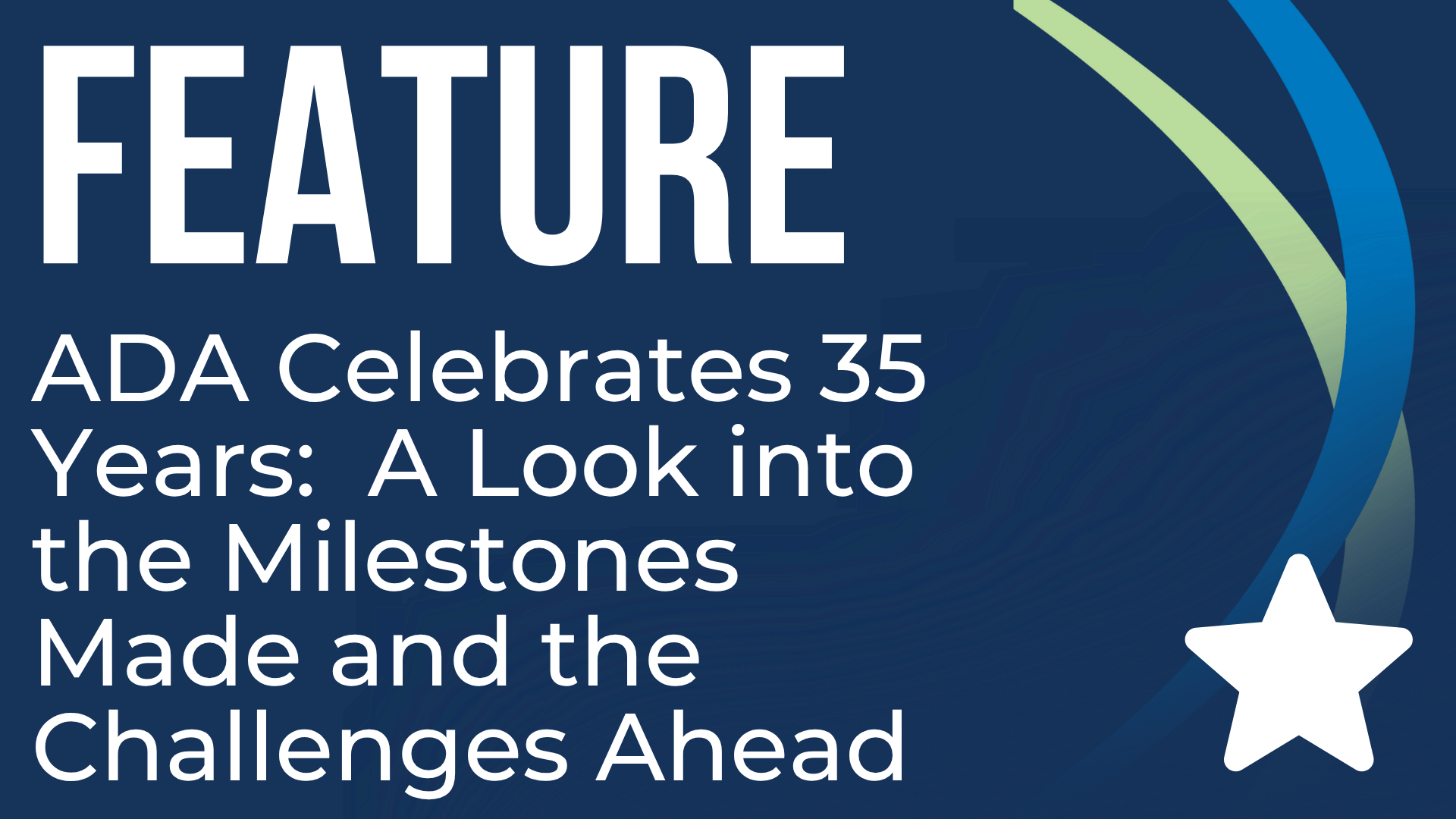
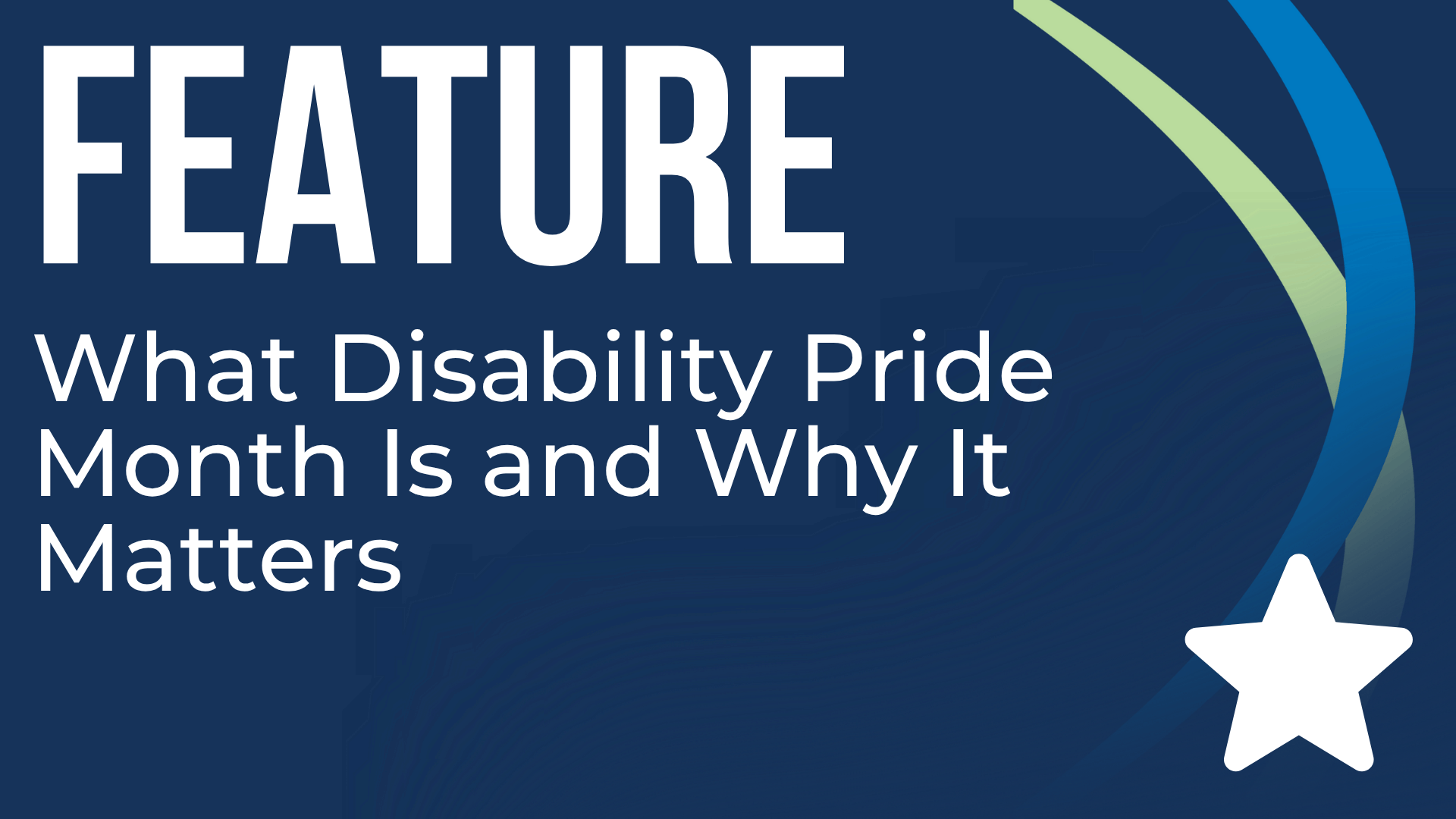
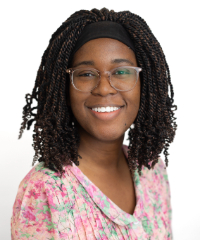 Every July, the United States celebrates Disability Pride Month. This month is a time for people with disabilities to feel proud of who they are, speak up about their rights, and celebrate being seen and heard in their communities. It is also a time to celebrate the history, strength, and experiences of people with disabilities.
Every July, the United States celebrates Disability Pride Month. This month is a time for people with disabilities to feel proud of who they are, speak up about their rights, and celebrate being seen and heard in their communities. It is also a time to celebrate the history, strength, and experiences of people with disabilities.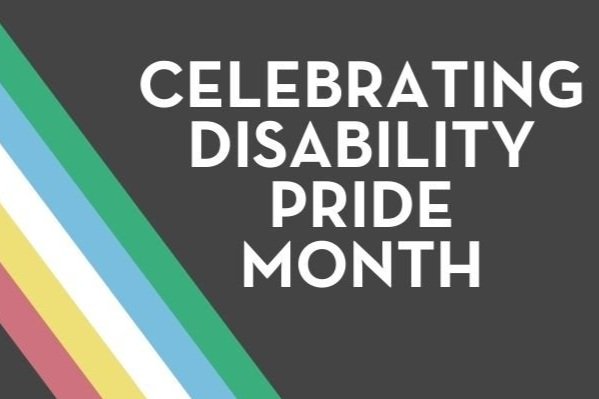 The ADA was only one step toward creating a country where people with disabilities are truly included. Today, people with disabilities still face barriers. Many buildings are still not accessible. Some employers still refuse to hire people with disabilities. Students with disabilities sometimes do not get the help they need in school.
The ADA was only one step toward creating a country where people with disabilities are truly included. Today, people with disabilities still face barriers. Many buildings are still not accessible. Some employers still refuse to hire people with disabilities. Students with disabilities sometimes do not get the help they need in school.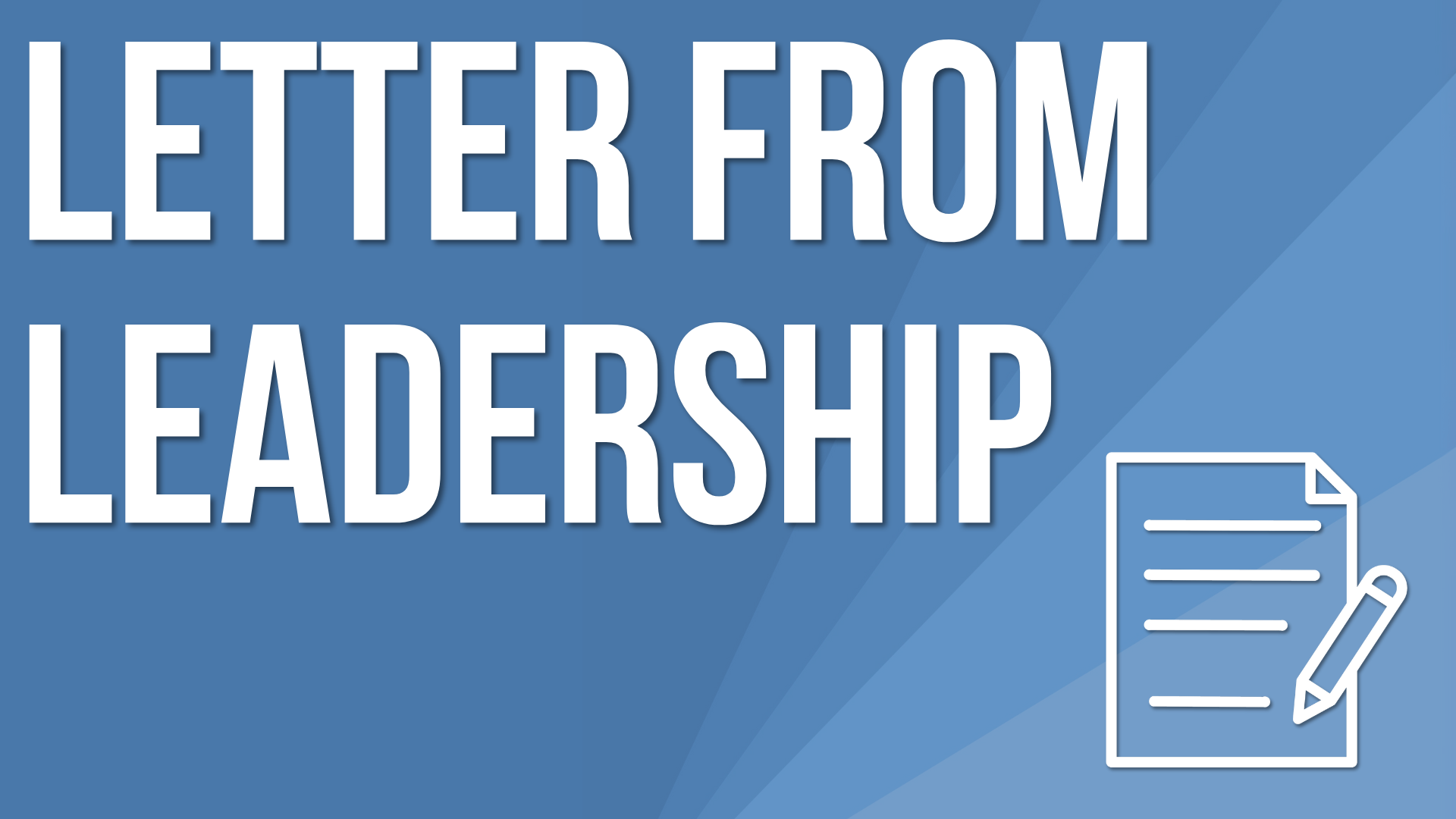
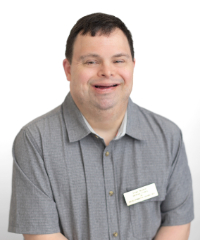
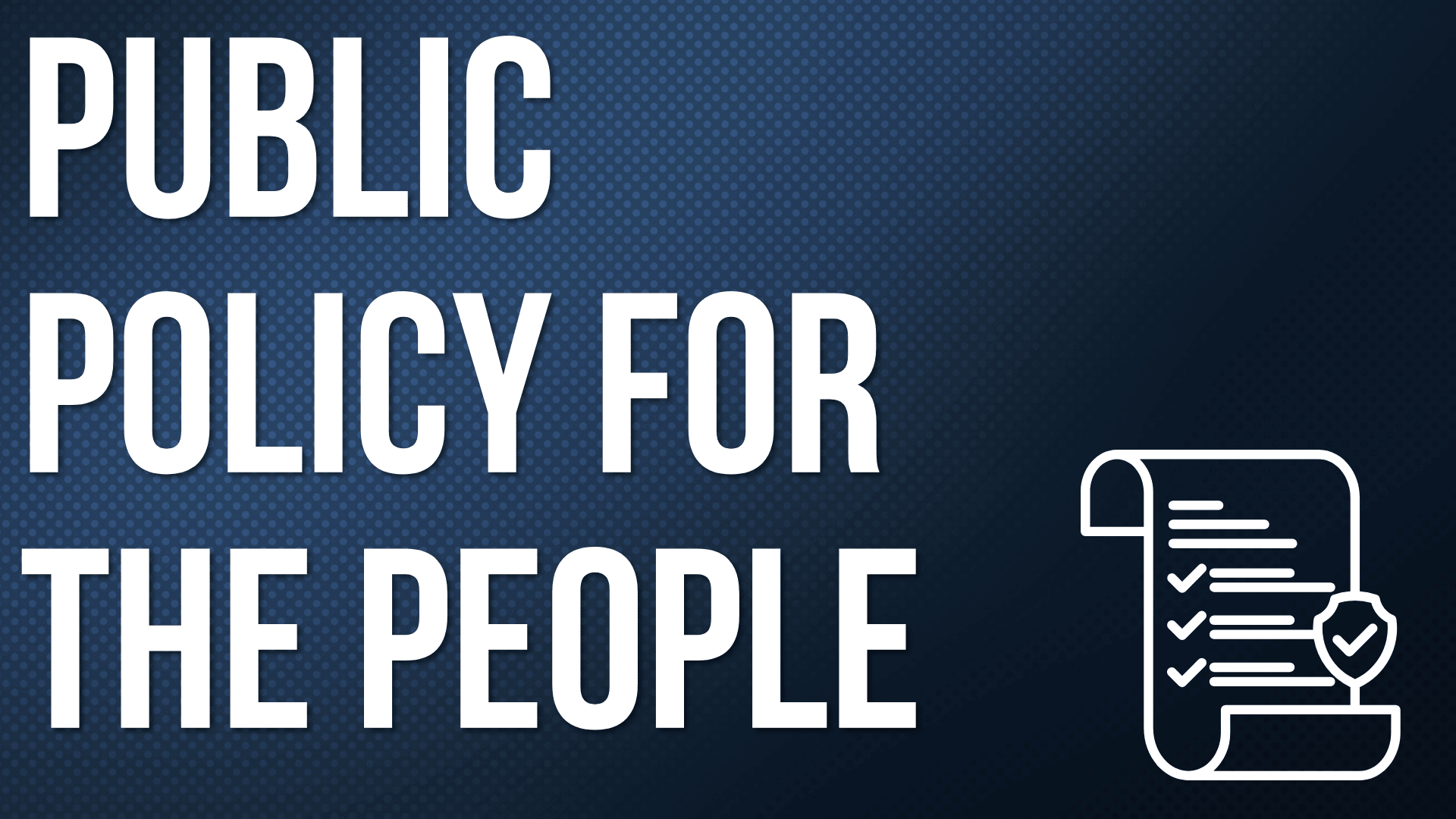
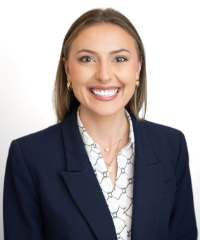 As we reach the midpoint of 2025, the Georgia Council on Developmental Disabilities (GCDD) continues to track federal policies that may significantly impact Georgians with intellectual and developmental disabilities (I/DD). Over the past few weeks, critical discussions have been unfolding in Washington, D.C. These talks could change Medicaid and the future of the Developmental Disabilities (DD) Network.
As we reach the midpoint of 2025, the Georgia Council on Developmental Disabilities (GCDD) continues to track federal policies that may significantly impact Georgians with intellectual and developmental disabilities (I/DD). Over the past few weeks, critical discussions have been unfolding in Washington, D.C. These talks could change Medicaid and the future of the Developmental Disabilities (DD) Network.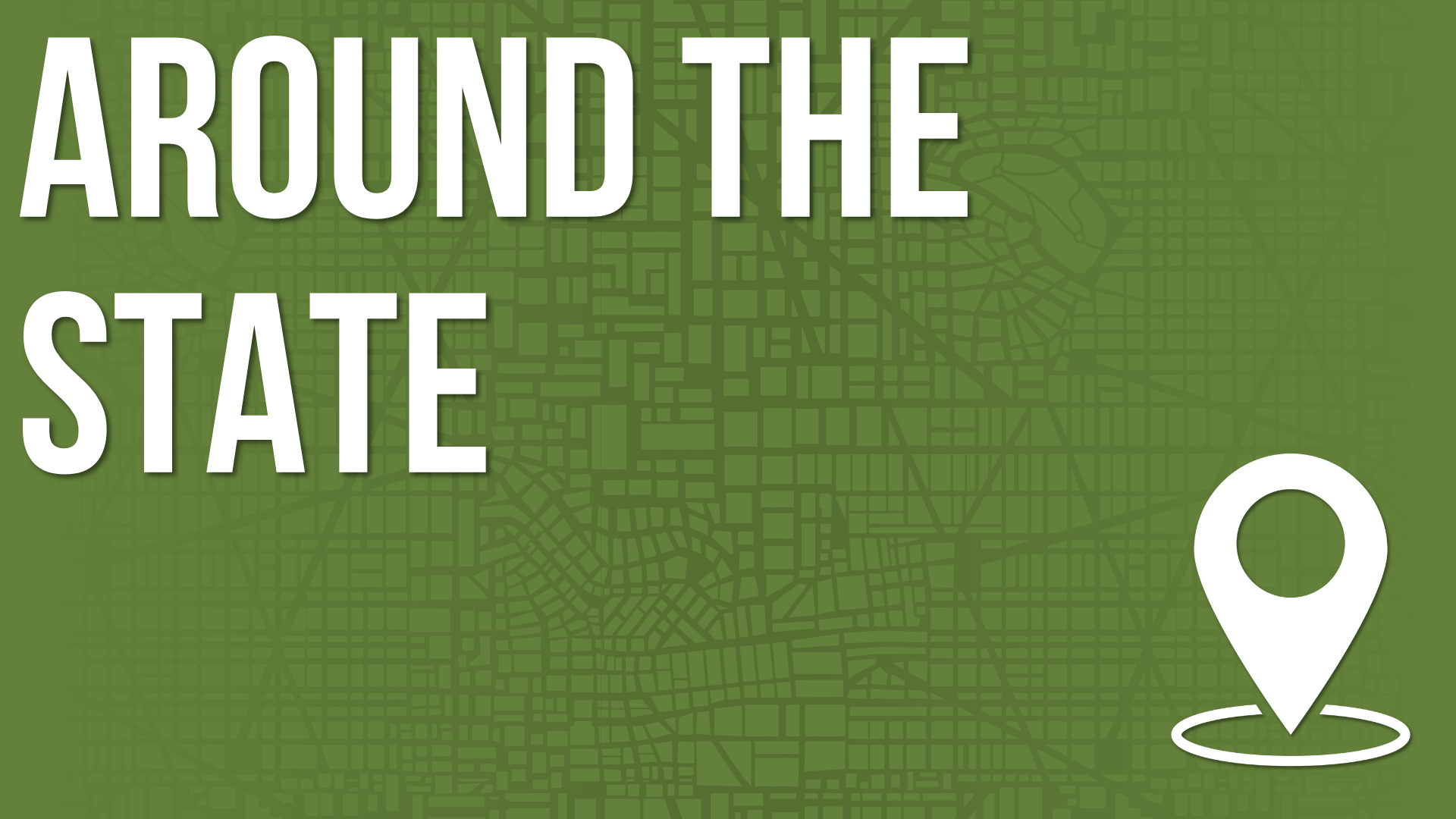
 “We want to give individuals with disabilities a sense of purpose and let them know that there are other ways to live and embrace your disability for what it is,” said Shelly Simmons, Executive Director of the Statewide Independent Living Council of Georgia (SILC). “Individuals are uniquely made, and in that uniqueness, they are able to serve their community in special ways.”
“We want to give individuals with disabilities a sense of purpose and let them know that there are other ways to live and embrace your disability for what it is,” said Shelly Simmons, Executive Director of the Statewide Independent Living Council of Georgia (SILC). “Individuals are uniquely made, and in that uniqueness, they are able to serve their community in special ways.”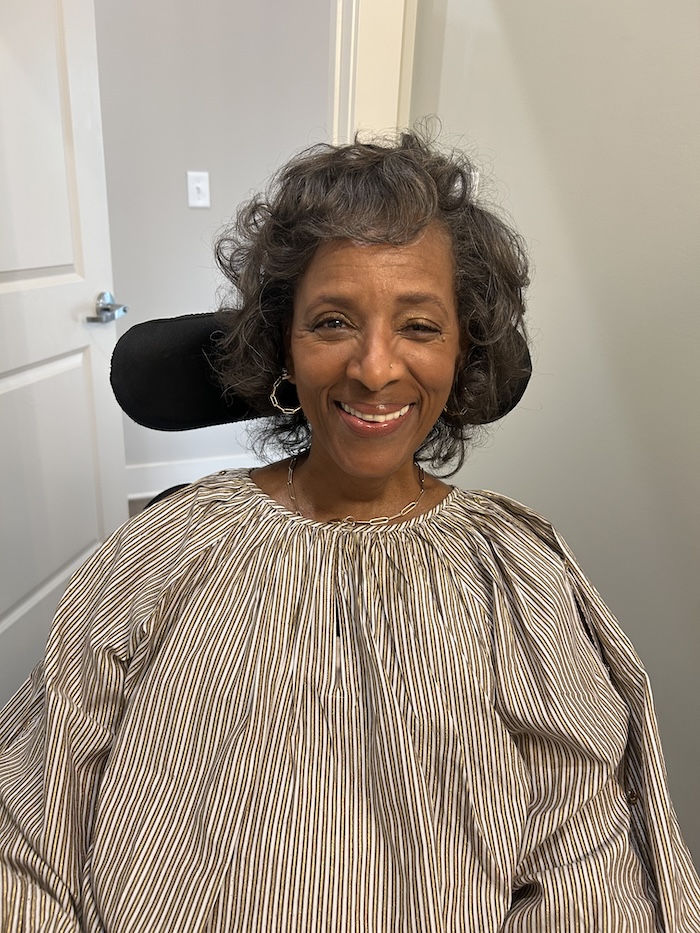
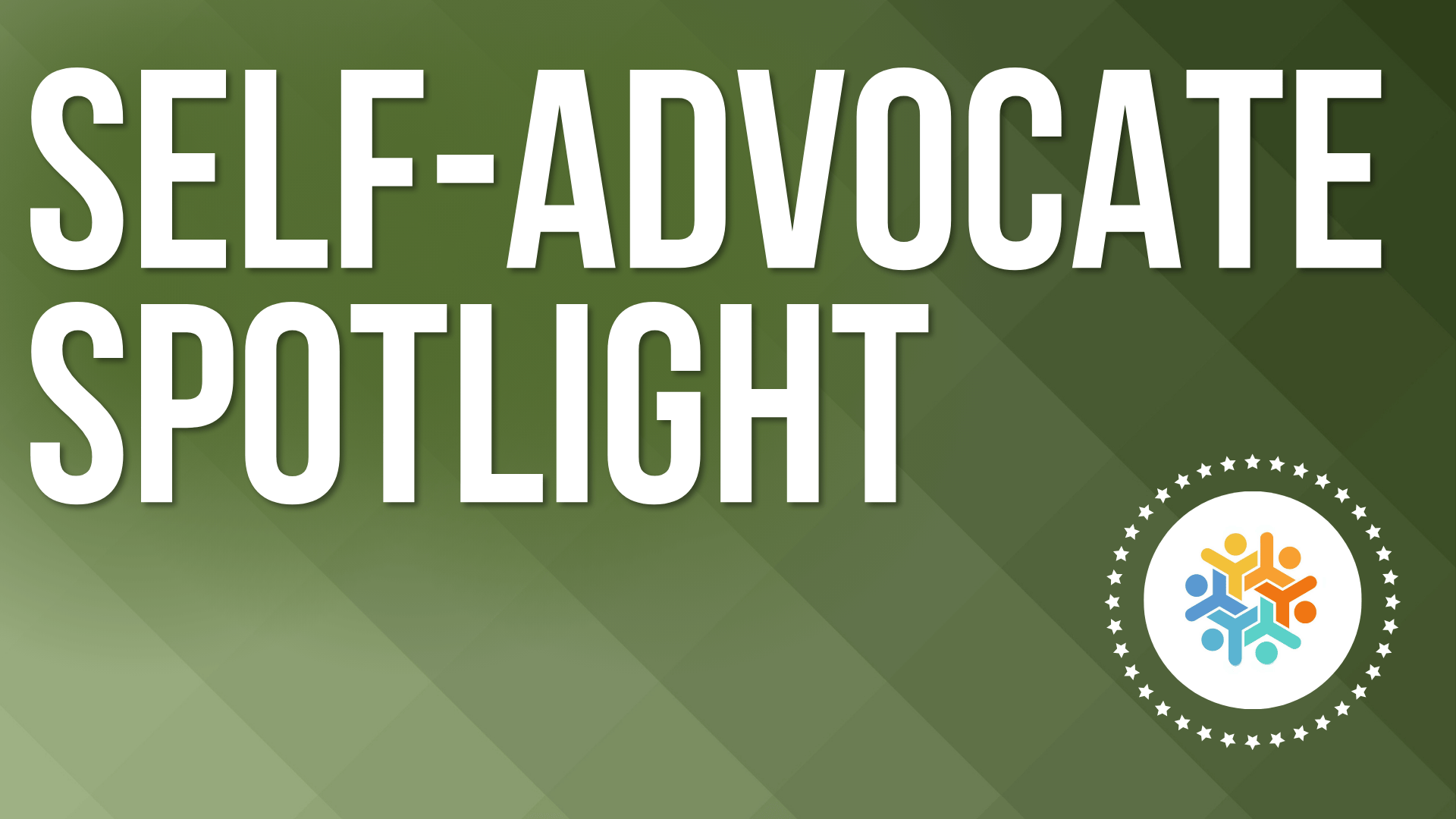
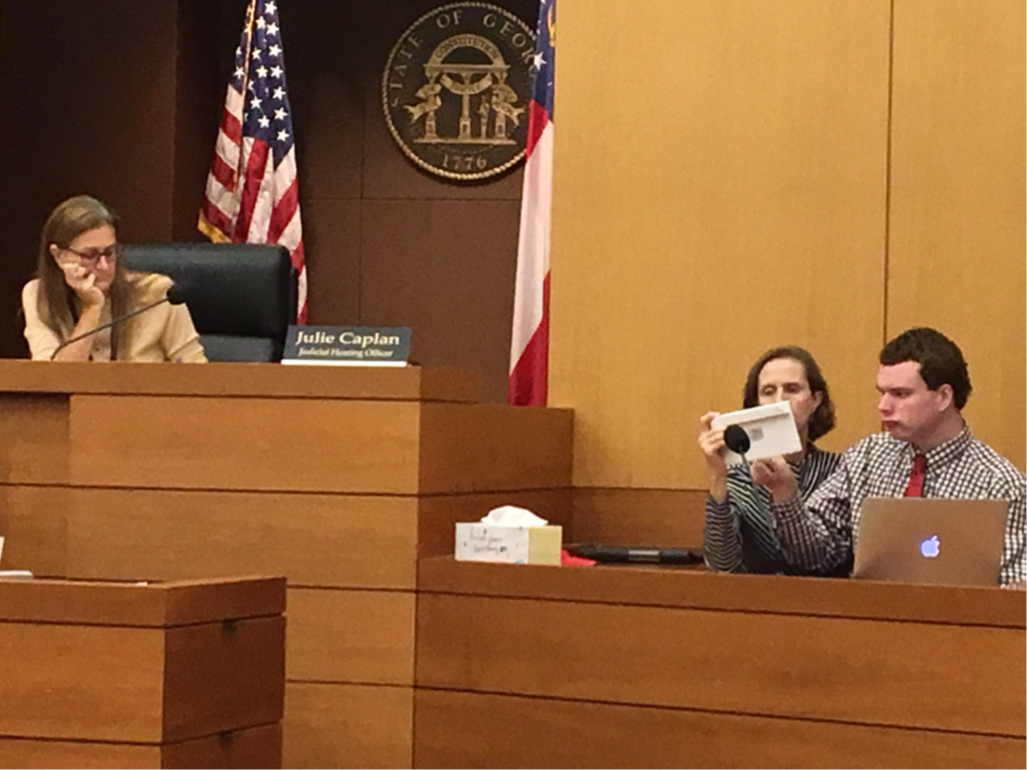 Several years after the guardianship began, John learned to communicate by pointing to letters on a laminated board. This changed John’s life, and it changed his ability to specifically state his desires. John was clear on not wanting to be under guardianship. Although he made many of his own decisions, he felt less than a whole person because he lacked rights that most other people enjoy.
Several years after the guardianship began, John learned to communicate by pointing to letters on a laminated board. This changed John’s life, and it changed his ability to specifically state his desires. John was clear on not wanting to be under guardianship. Although he made many of his own decisions, he felt less than a whole person because he lacked rights that most other people enjoy.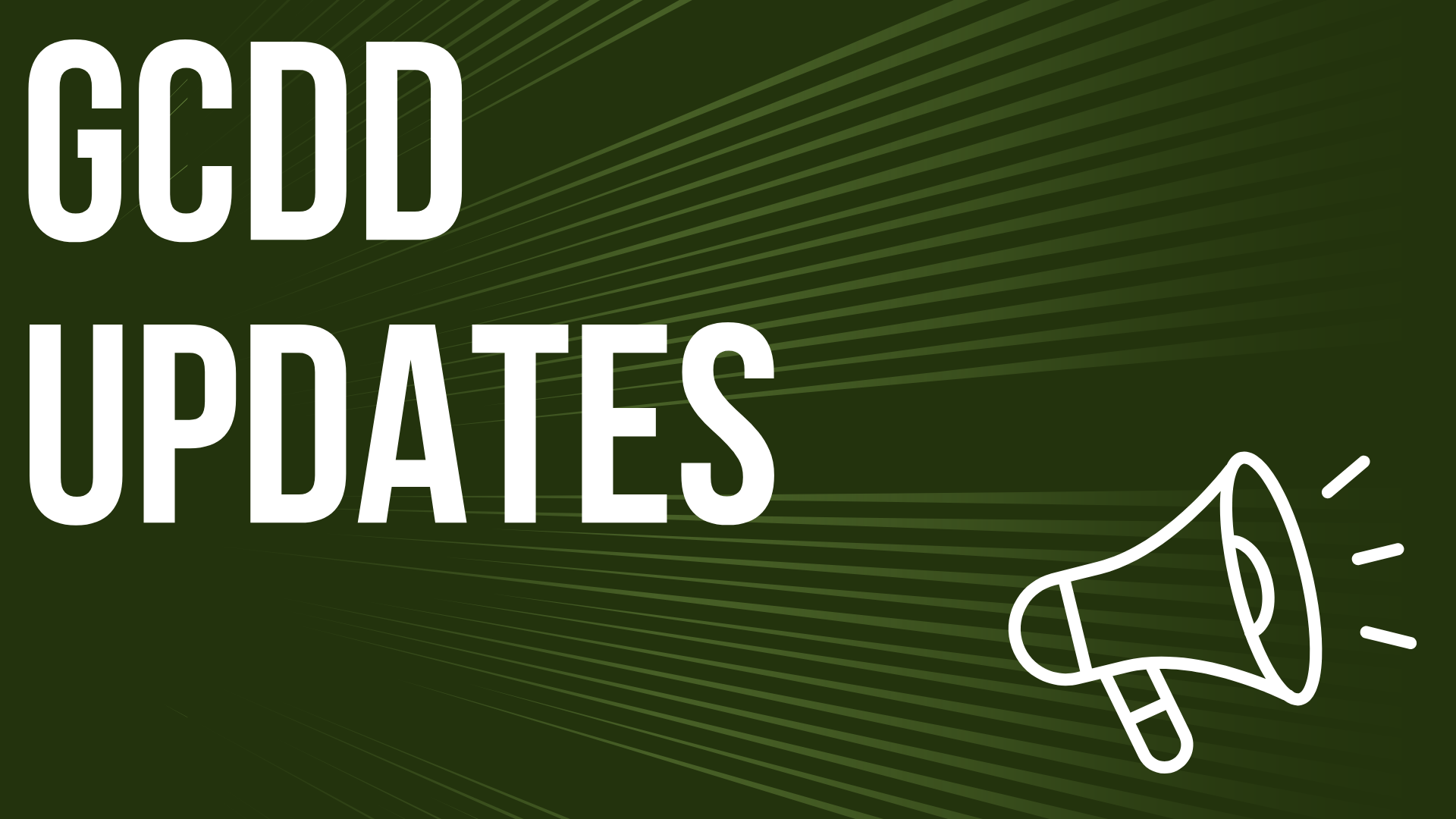
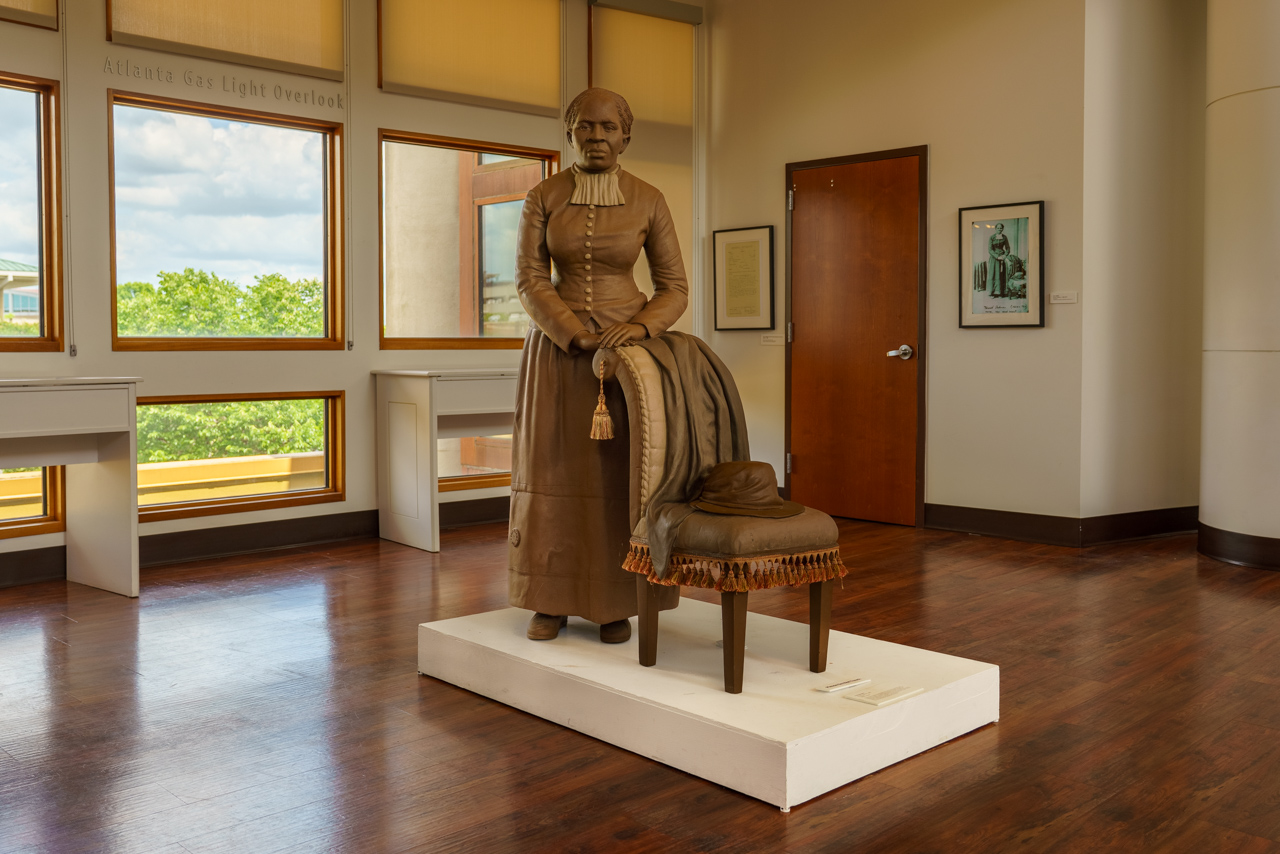 The event, which was the official launch of this year-long exhibit, featured the Gifted Harmony Choir and performances by Dean Brown. Their talents created an atmosphere of joy and celebration that perfectly captured the spirit of the disability rights movement in Georgia.
The event, which was the official launch of this year-long exhibit, featured the Gifted Harmony Choir and performances by Dean Brown. Their talents created an atmosphere of joy and celebration that perfectly captured the spirit of the disability rights movement in Georgia.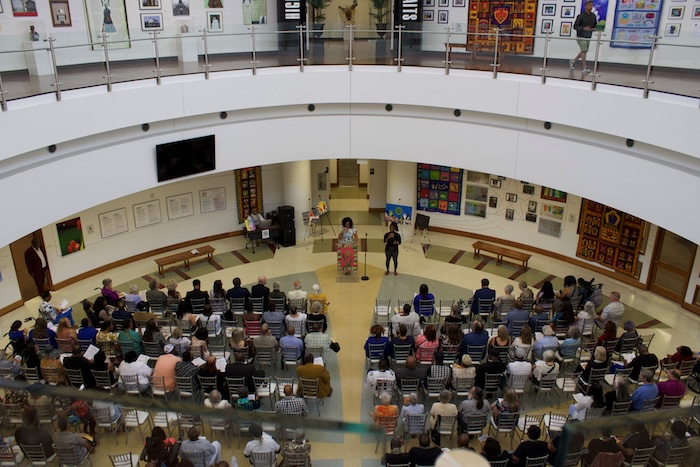
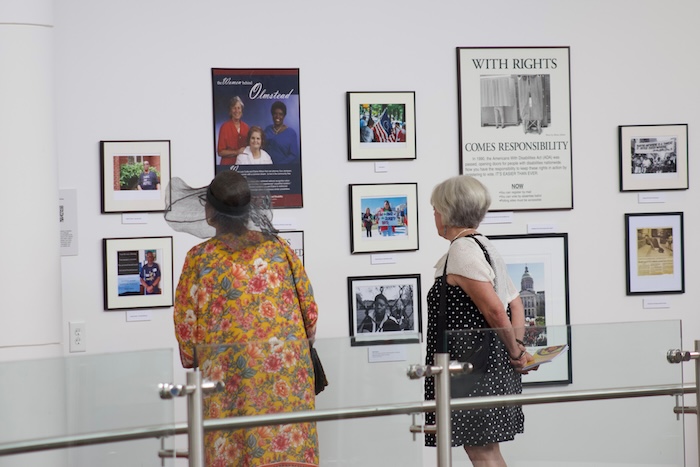 Attendees felt the opening celebration was a success, showing the need in Georgia's communities for real stories of disability experiences and history. The goal of the exhibit is to create a lasting impact that extends far beyond the walls of the Tubman Museum.
Attendees felt the opening celebration was a success, showing the need in Georgia's communities for real stories of disability experiences and history. The goal of the exhibit is to create a lasting impact that extends far beyond the walls of the Tubman Museum. The Arc Macon
The Arc Macon